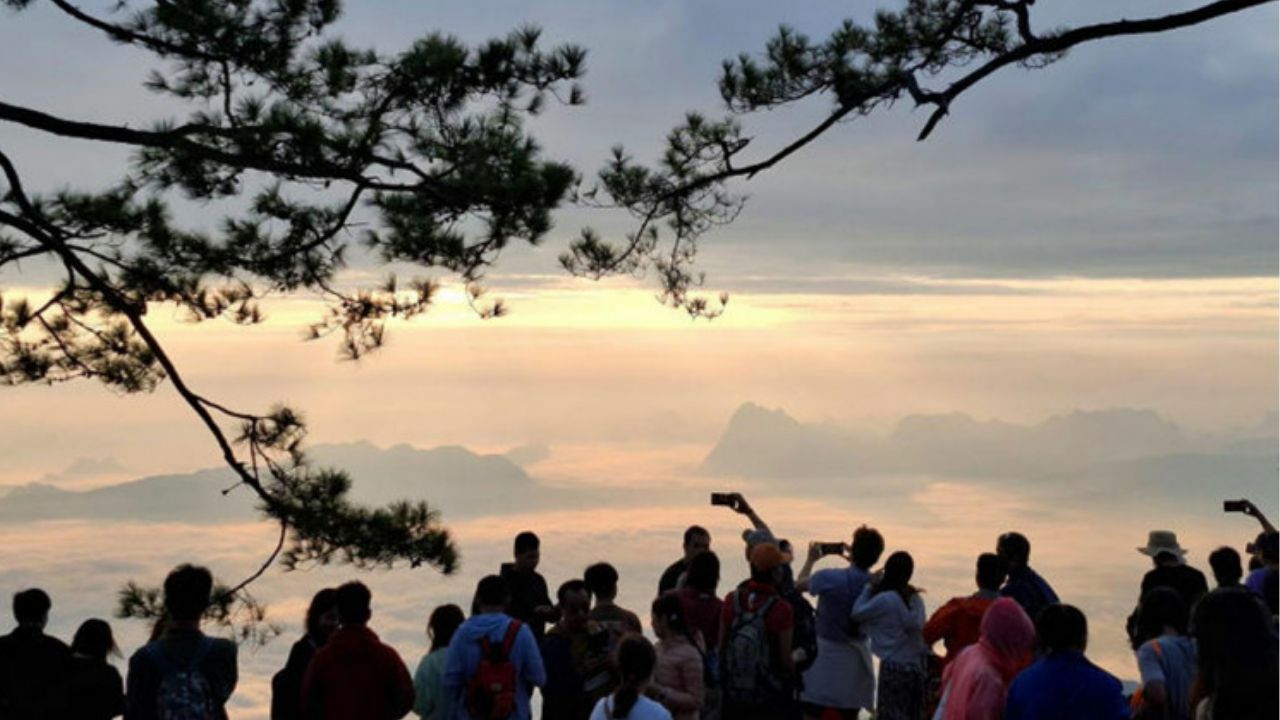Phu Kradueng cable car set for 2027 completion amid eco concerns
Push for tourism growth raises stakes for mountain ecosystem

The Ministry of Tourism and Sports confirmed plans to introduce a cable car at Phu Kradueng National Park by 2027, a project initially proposed over 40 years ago. The cable car will accommodate up to 5,000 visitors daily, a limit set by the Department of National Parks, Wildlife and Plant Conservation to mitigate environmental impact.
The project has faced prolonged debate between the government and conservationists, who have expressed concerns that the benefits will not outweigh the environmental consequences of increased visitor numbers. Sorawong Thienthong, the Tourism and Sports Minister, stated that the project will be completed during his tenure, having already passed the necessary hearings with various stakeholders.
A budget of 28 million baht (US$857,290) has been allocated for the study and design of the project, although the Designated Areas for Sustainable Tourism Administration (DASTA) anticipates spending only 25.4 million baht (US$777,640) for this phase. Sorawong noted that the 4.5-kilometre route will feature 32 cars, each with a capacity of eight passengers.
The timeline set by DASTA aims for the completion of the cable car design and environmental impact assessment by March 2026. Following this, the report will be submitted to the National Environmental Board and the Cabinet for approval. Construction is expected to start in August 2026, with an estimated cost of 1 billion baht (US$30.6 million), and completion is targeted for 2027.
Sorawong reassured that the project would not interfere with the existing walking path but instead provide an alternative for tourists with varying physical abilities.
The cable car will allow visitors to make single-day trips to Phu Kradueng, easing the management burden on the park by reducing the need for overnight stays. Currently, Phu Kradueng, located in the northeastern province of Loei, attracts 60,000 to 70,000 visitors annually, but numbers are anticipated to rise with the cable car’s introduction.
DASTA Director General Siripakorn Cheawsamoot confirmed that the daily visitor limit will remain at 5,000 to prevent overtourism and protect the environment.
DASTA Chairman Titipong Khiewpaisal added that the plateau’s tourism area is carefully regulated by the Department of National Parks, featuring nine to 10 housing units and space for 3,200 tents, reported Bangkok Post.
Dasta manages the entrance area at the foot of the hill, which has been developed into tourism and commercial spaces.
Titipong mentioned that the cable car might not operate year-round, aligning with national park policies that close parks during certain months to allow environmental recovery.
Latest Thailand News
Follow The Thaiger on Google News:


























